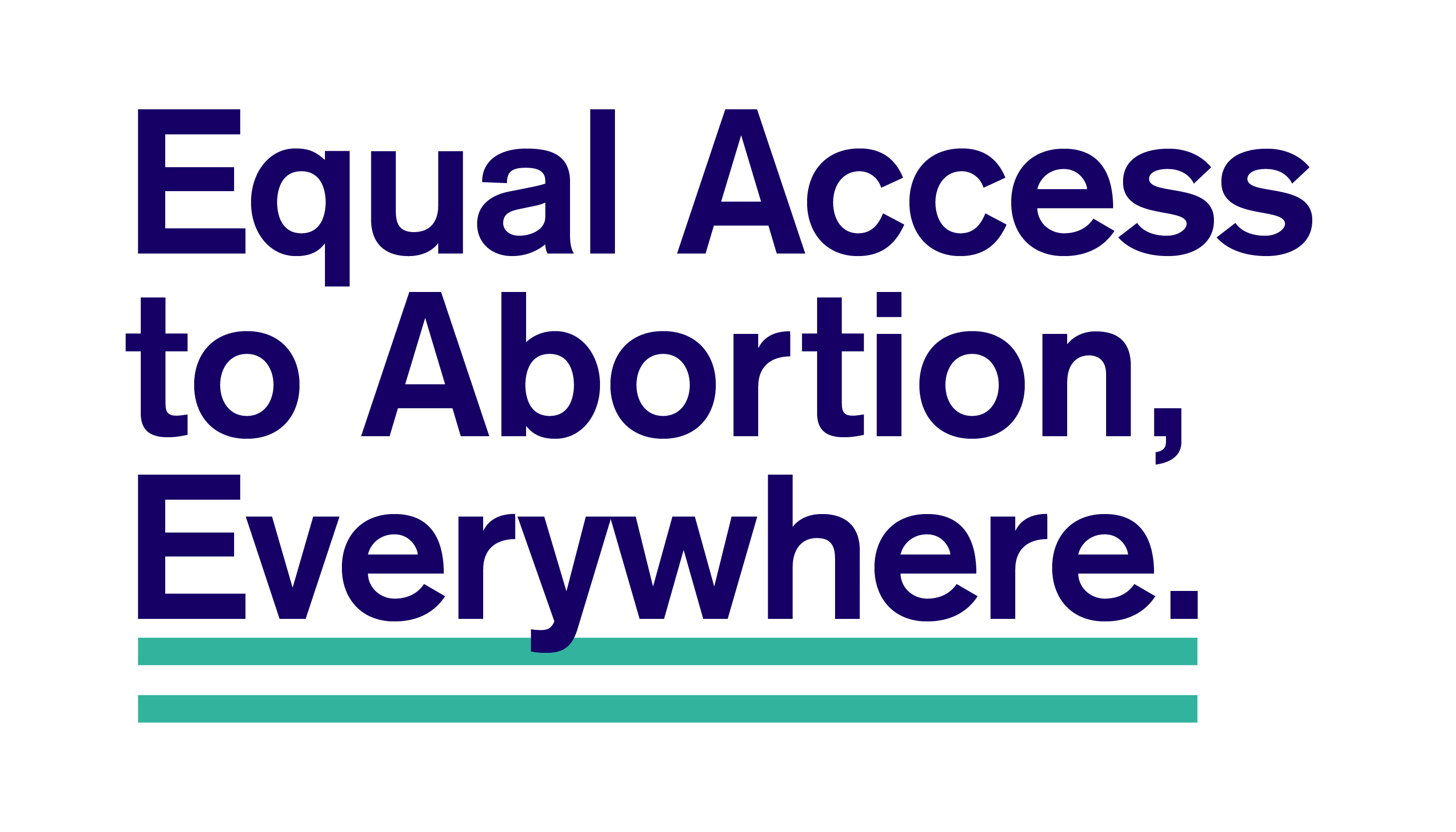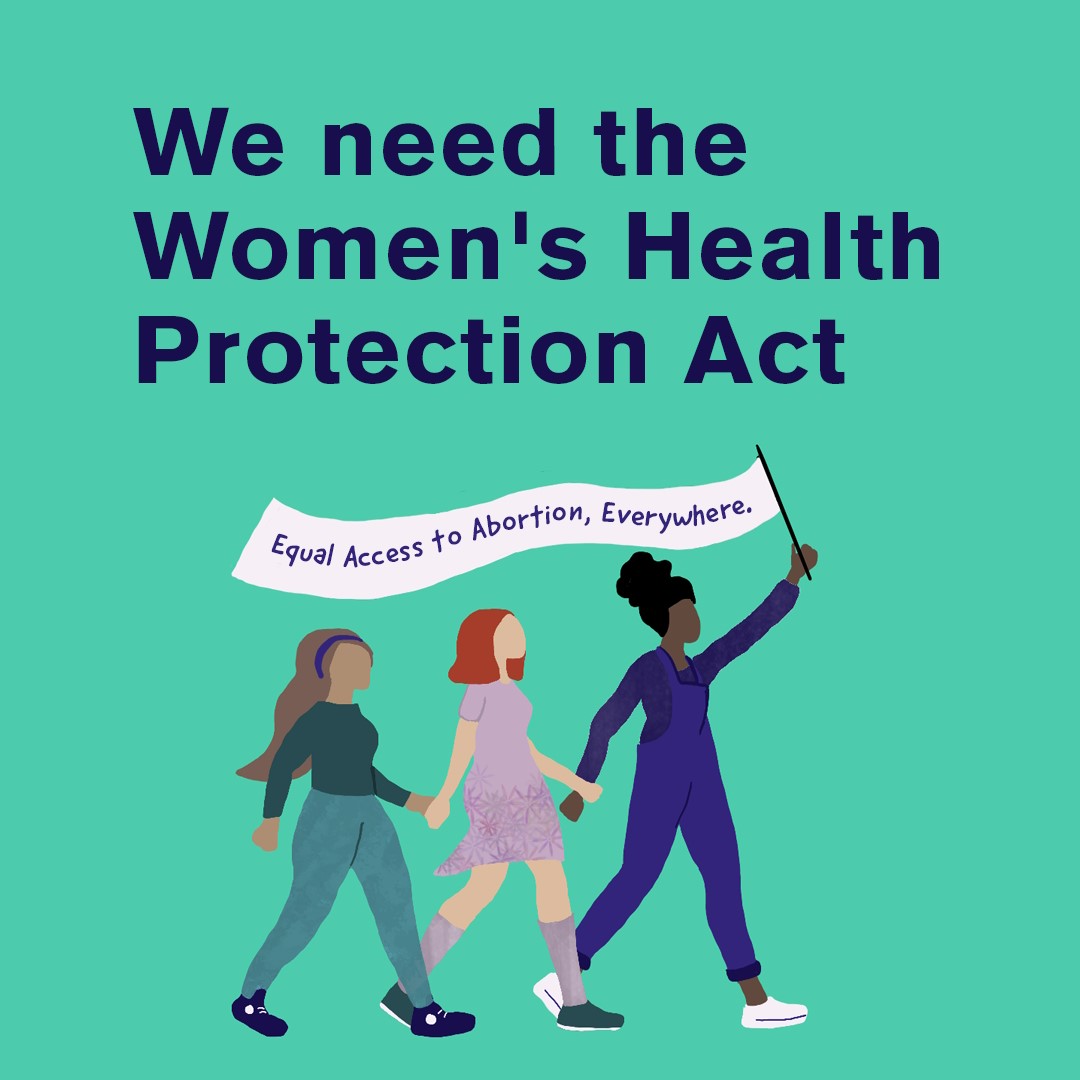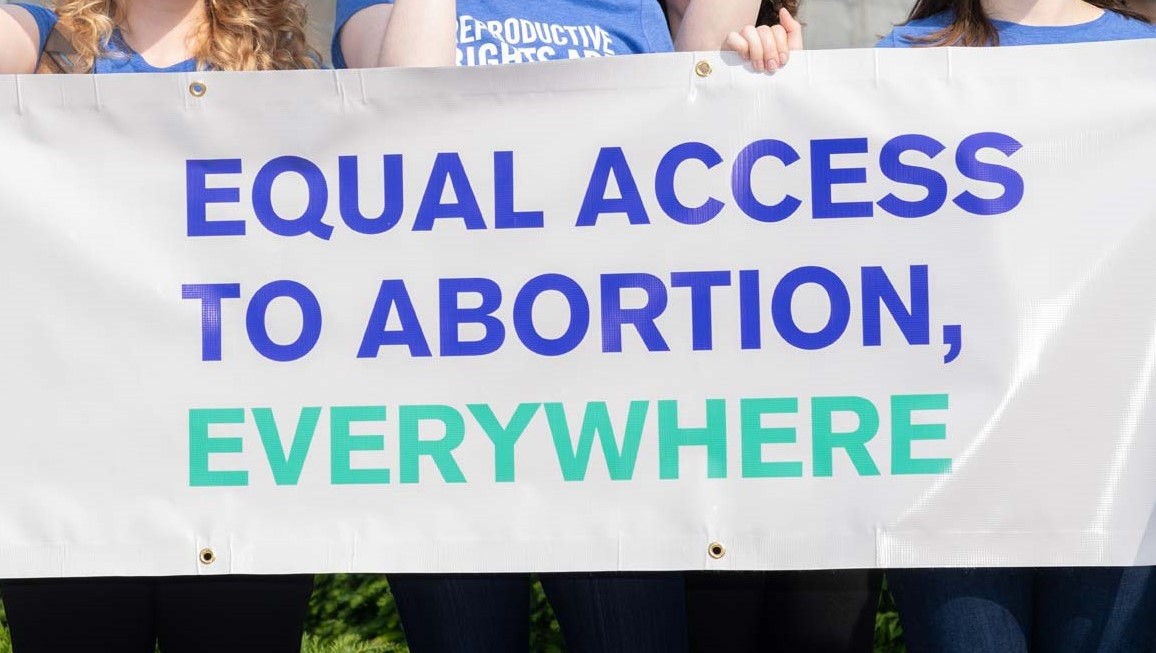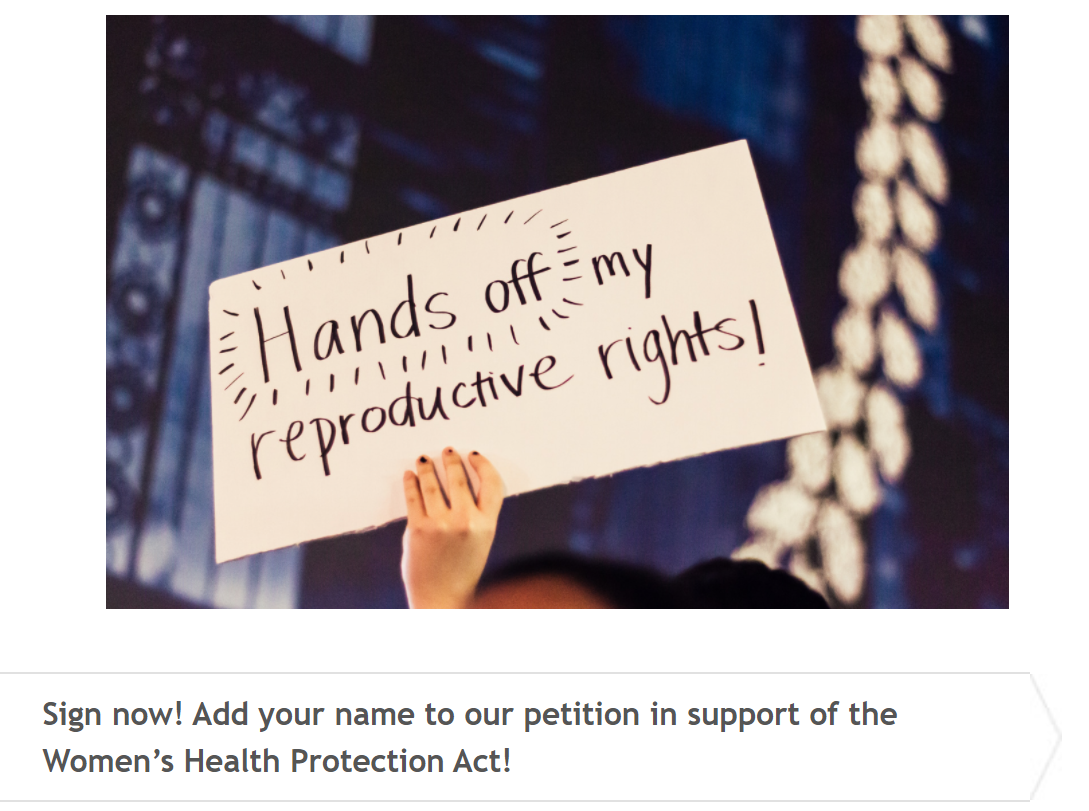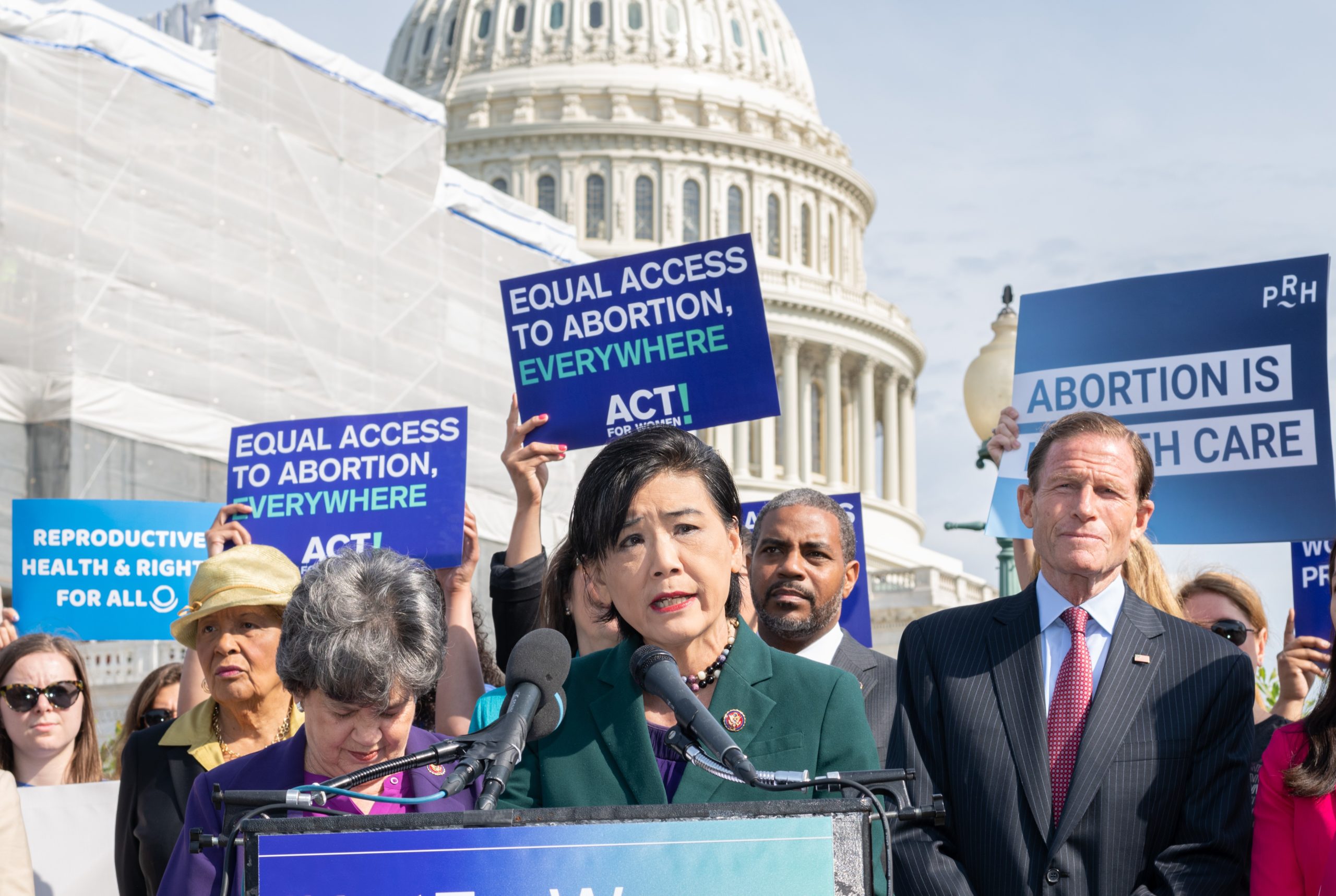On May 17th, the Supreme Court announced it will hear a case that presents a direct challenge to Roe v. Wade. As the implications of the announcement became clear, news outlets around the country turned to the Women’s Health Protection Act of 2021 as the legislative solution to the current crisis in abortion rights and access in the U.S.
SALON: “There’s already a bill in existence that, if passed into law, could stop the push to overturn Roe in its tracks.”
Coalition members URGE and the Center for Reproductive Rights spoke to Salon about how WHPA would protect the right to access abortion care free from bans and restrictions. Preston Mitchum, Policy Director at URGE, described the key feature of the bill: “It creates that statutory right [to abortion] automatically.” And Jackie Blank, Federal Legislative Strategist with the Center spoke to the moment saying, “this is a bill that addresses exactly the types of bans and restrictions like the 15 weeks case that’s in Mississippi.” Read the article on Salon.com.
THE AMERICAN PROSPECT: “In this year’s session alone, over 500 anti-abortion bills have been proposed in state legislatures, with 70 of them being enacted so far.”
In an article examining Mississippi’s 15-week ban and the wave of anti-abortion laws restricting access across the U.S., coalition members Abortion Access Front, Guttmacher Institute, URGE, and the Center for Reproductive Rights spoke to the current attacks on reproductive rights and the importance of WHPA. “It’s a pretty critical bill,” said Elizabeth Nash, Principal Policy Associate on State Issues for the Guttmacher Institute. “The Supreme Court’s announcement that they’re taking the Mississippi case could be a signal to Congress that they need to pay attention.” Read the article in the American Prospect.
Read more:
GLAMOUR: SCOTUS Will Hear a Case on a Mississippi Abortion Law Threatening Roe v. Wade. Here’s What You Need to Know
WELL+GOOD: Taking Direct Aim at Roe v. Wade, Supreme Court Agrees to Hear Mississippi Abortion Case
WISCONSIN EXAMINER: Baldwin Fights to Protect Abortion Rights
PASADENA NOW: Local Congresswoman Joins Other Legislators, Announces Plans to Reintroduce the Women’s Health Protection Act
